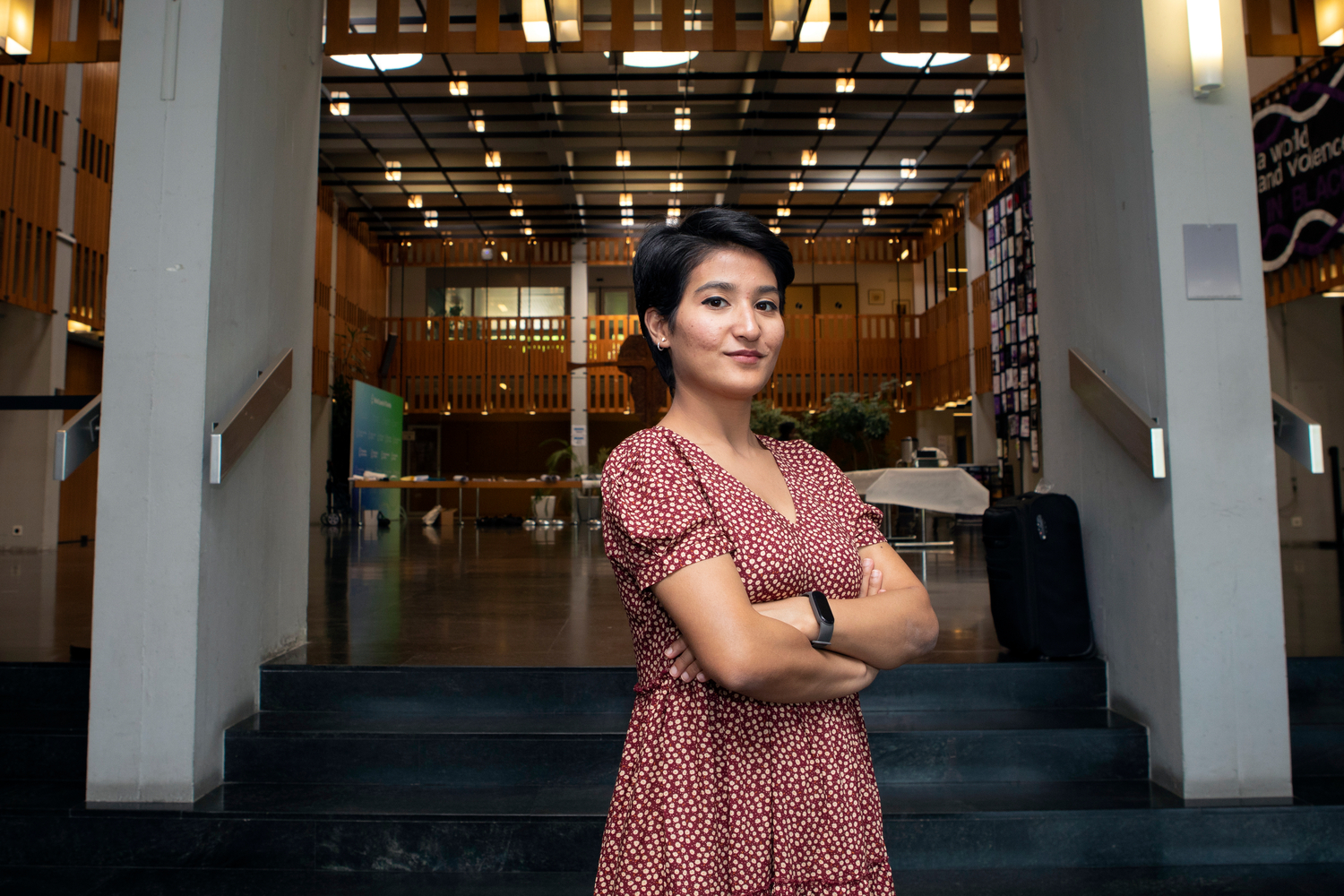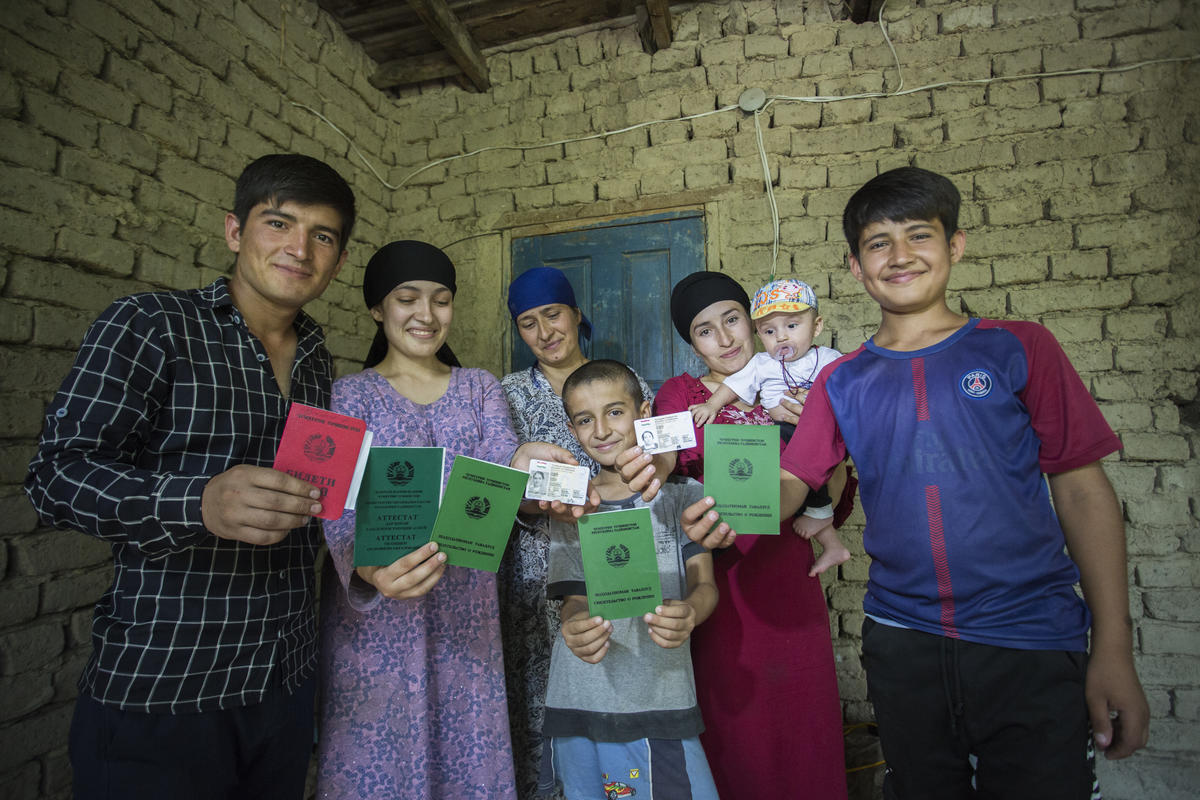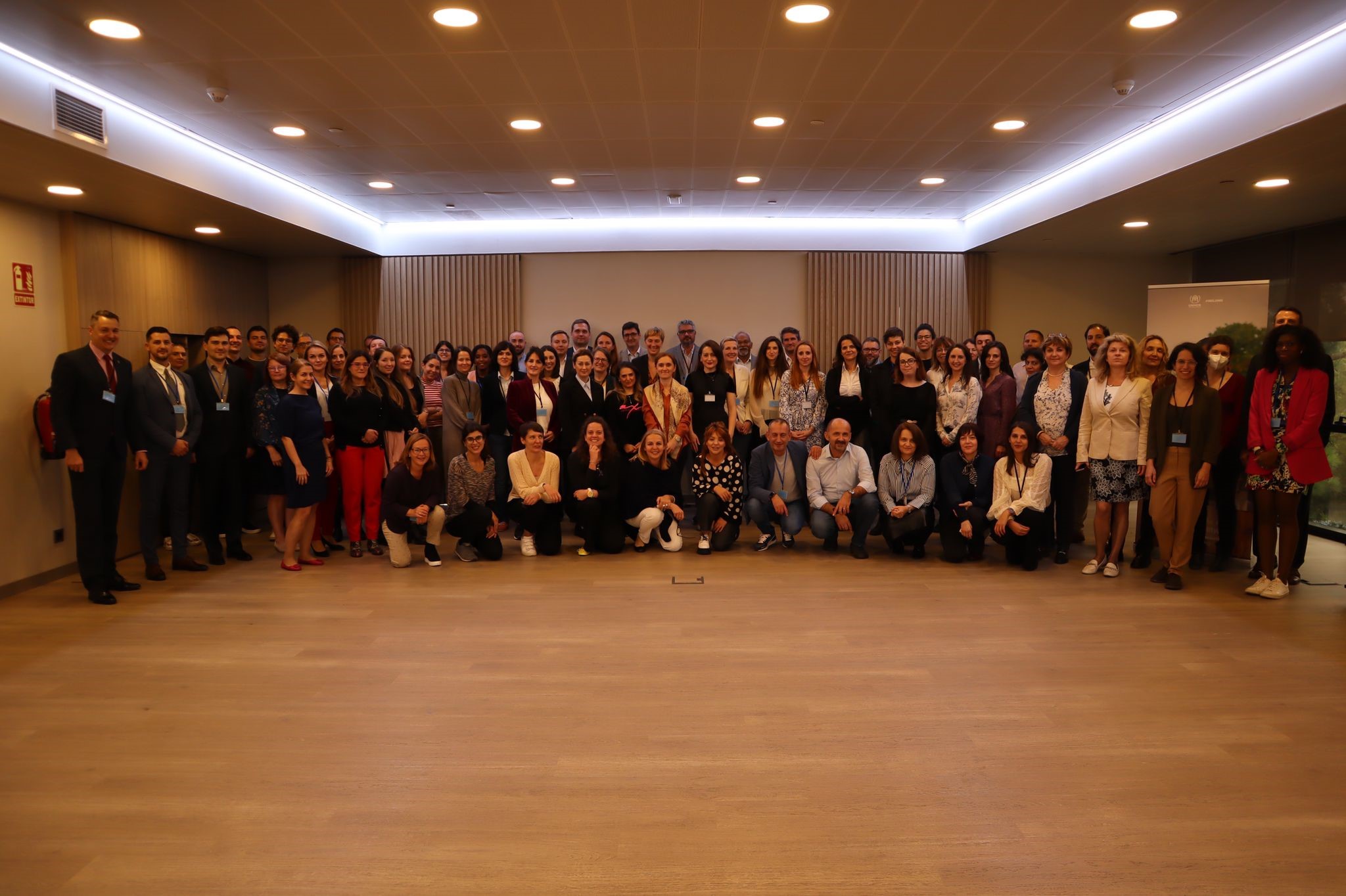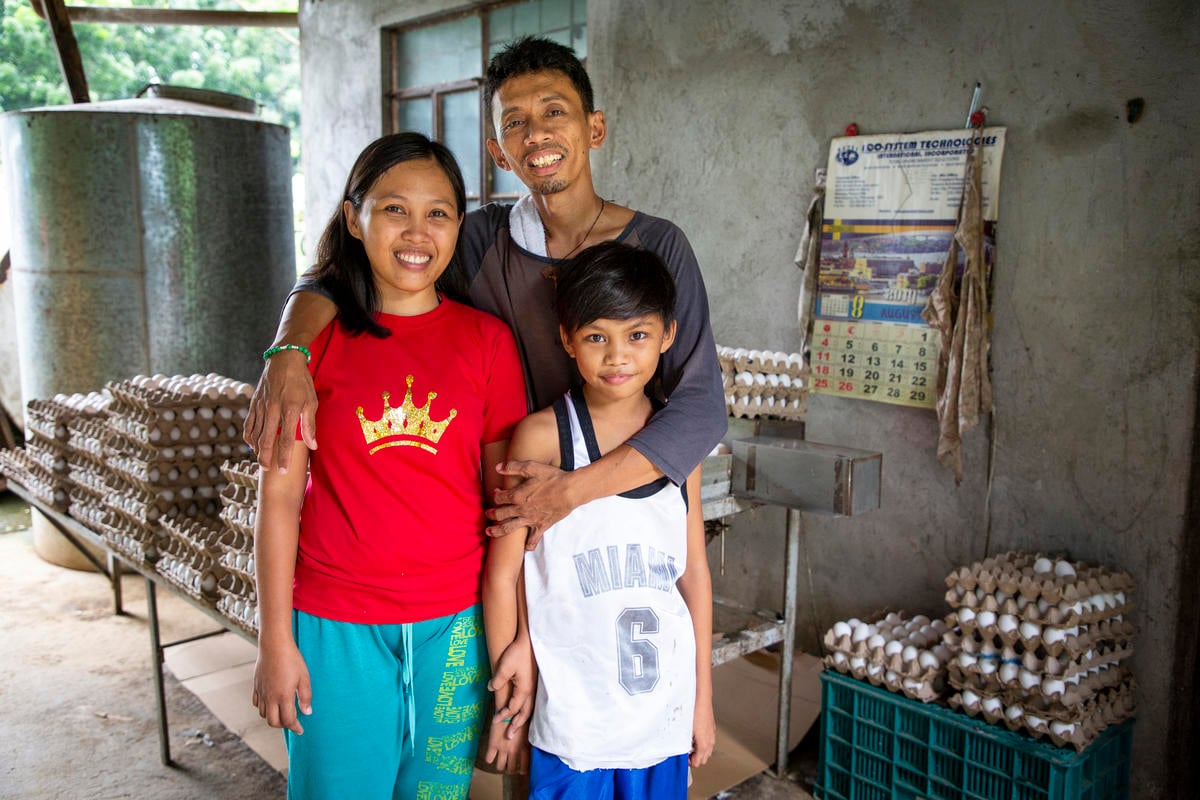Religious leaders pledge to work together to end statelessness
Religious leaders pledge to work together to end statelessness

Millions of stateless people around the world are denied a nationality. This means that they often cannot go to school, see a doctor, get a job, open a bank account, buy a house or even get married.
The Multi-Religious Council of Leaders committed today to strive together with UNHCR, the UN Refugee Agency, to address and eradicate statelessness by endorsing the 'Belonging – Affirmations for Faith Leaders'.
The affirmations were developed together with stateless people and scholars from Buddhist, Christian, Hindu, Jewish and Muslim religions who reflected on what their respective traditions teach about non-discrimination, gender equality, and birth registration.
Globally, many stateless people live in religiously diverse societies. This interfaith commitment and cooperation to end statelessness will therefore be a crucial contribution to the ongoing work by UNHCR and partners in countries where large numbers of people continue to be stateless.
Gillian Triggs, UNHCR’s Assistant High Commissioner for Protection, highlighted that “the commitment by the Multi-Religious Council of Leaders has the potential to play a critical role in addressing statelessness caused by discrimination on the basis of race, ethnicity, religion and gender. It will help make advances on the #IBelong Campaign, UNHCR’s ambitious campaign to end statelessness by 2024.”
Prof. Dr. Azza Karam, Secretary General, Religions For Peace acknowledged that “the right to a nationality is a universal human right and not one that depends on which faith you observe, which ethnic group you belong to, or what gender you are. The Multi-Religious Council of Leaders is united with UNHCR to support all efforts to end and prevent statelessness. Everyone has the right to belong.”
Notes: The Multi-Religious Council of Leaders was brought together in 2020 by UNHCR and Religions for Peace. It is comprised of 20 religious and spiritual leaders who are strong advocates for conflict prevention, reconciliation and peacebuilding in humanitarian and forced displacement contexts.








